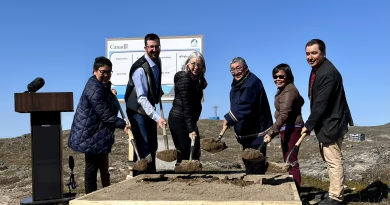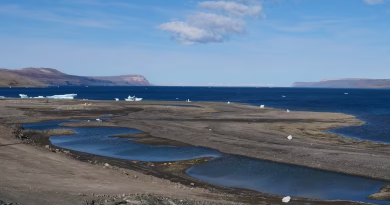11 power outages and counting in Whatì, N.W.T., since start of 2024
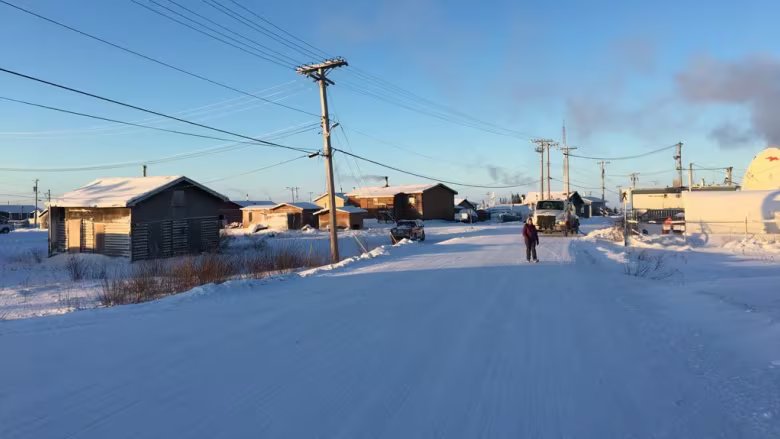
The community of Whatì, N.W.T., has been dealing with repeated power outages due to aging infrastructure and a growing community.
As of Monday, the community had experienced 11 power outages in 2024 alone, and a total of 35 since last April. The Northwest Territories Power Corporation (NTPC) has the community listed as a level 1 emergency.
“It doesn’t mean it’s an emergency situation. But what it does is keeps everyone even more ready than than normal in terms of, you know, keeping an eye on what’s happening in Whatì,” said Doug Prendergast, the manager of communications for NTPC.
One of the most recent outages occurred on Sunday and was caused by an issue with the fuel pump that moves the diesel, Prendergast said.
The exact cause of each outage has differed but it’s largely connected to aging infrastructure, both on the generation and distribution side, Prendergast said.
Aging equipment is an issue in many communities, he added, but what makes Whatì unique is that the power usage there is increasing, whereas in many other communities it is decreasing.
According to the N.W.T. Bureau of Statistics, the population of the community has grown from around 500 in 2018 to 553 in 2022, a 10 per cent increase.
“It’s great … there seems to be growth happening in Whatì, but it does present us with some challenges,” Prendergast said.
The recent growth and higher electricity use came as the community became accessible by road year-round with the opening of the Tłı̨chǫ Highway in 2021, he said.
“There’s new housing, there’s a number of developments happening,” he said.
Frustration
The repeated outages have led to frustration for several Whatì residents, including Stephen Legge, who sent CBC News a copy of two bills he’s received from NTPC for power usage this past winter. One totalled $600, while the other was over $700.
Legge said he doesn’t think residents should be charged full price for a power supply that isn’t working at full capacity.
But Prendergast said offering a discount or a subsidy for the outages isn’t within NTPC’s terms and conditions of service with customers. He said they are responding to the issues as they arise and have brought some new equipment into the community to try to prevent further outages.
“We recognize the inconvenience, the frustration that residents in Whatì are feeling and we’re definitely working our hardest to to identify problems and get them resolved as quickly as possible,” Prendergast said.
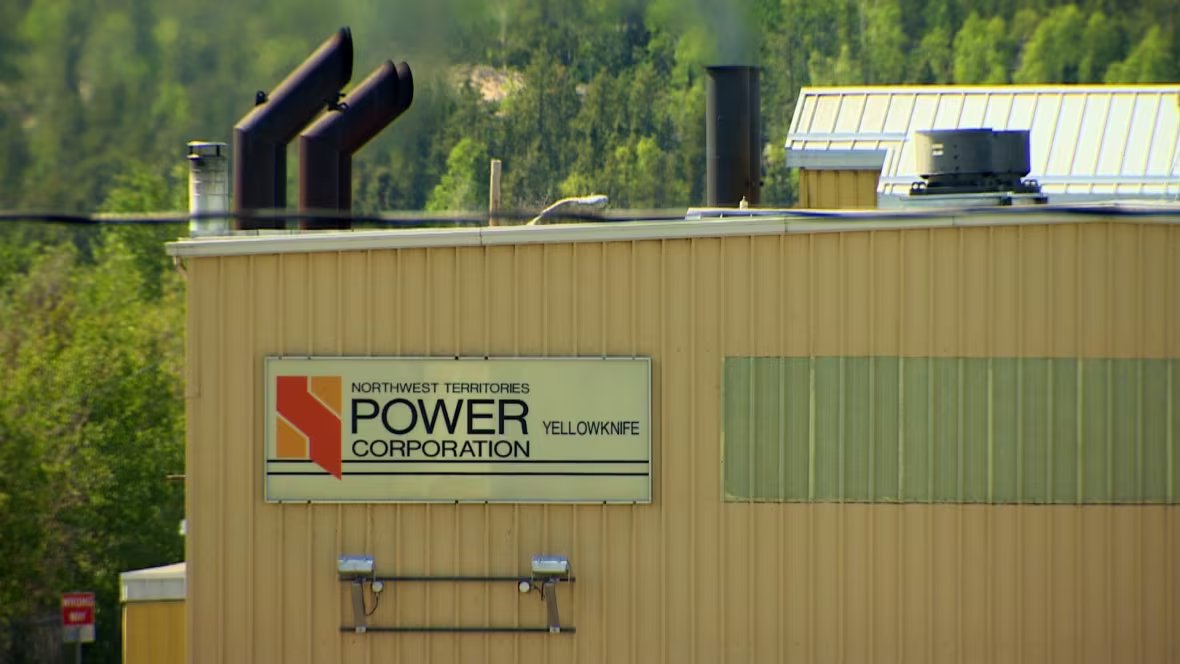
For Whatì resident Mary Ann Jeremick’ca, the repeated outages have been particularly frustrating when she’s trying to watch the Edmonton Oilers play.
“So if they’re playing and the power goes off, then we go crazy,” she said, adding when it happens she’ll text her children in Yellowknife to ask what the score is.
Wood stoves in homes
Several outages have come on particularly cold days, including one on Sunday morning that lasted for about an hour.
Jeremick’ca said she’s happy to have multiple wood stoves in her home, considering how many outages they’ve faced this past year, but she feels for those who don’t.
“I know some units that … people are renting, that there’s specific policies that they can not have a wood stove in there, and so I wonder what they do?” she said.
This is an issue that’s been brought up to CBC by multiple Whatì residents, it was also discussed in Whatì’s 2020 housing plan.
The territorial government doesn’t have or allow wood stoves in public housing units.
Jeanne Yurris, a spokesperson for Housing N.W.T., wrote in an email that there are several reasons for this, including maintenance, risk as well as the cost and logistics of installing and operating them.
One issue highlighted was that open-flame heat can lead to higher insurance costs.
“Tenants have expressed challenges in obtaining affordable insurance in NWT communities as it is,” she wrote.
I know some units that people are renting, that there’s specific policies that they can not have a wood stove in there, so I wonder what they do?
– Mary Ann Jeremick’ca, Whati resident
But Yurris wrote that Housing N.W.T. is working toward expanding use of renewable energy for heat.
“Research is being done on how biomass in the form of wood pellets, cordwood, or wood chips can be introduced as wood-fired heat at the scale of our larger buildings,” she wrote.
“Housing N.W.T. is also seeking to increase partnership opportunities in energy projects and is open to discussing wood-heat projects in Whatı̀.”
Yurris said the territorial government pays for heat in public units and, in the case of emergency situations, there are emergency plans in place for tenants, including shelters.
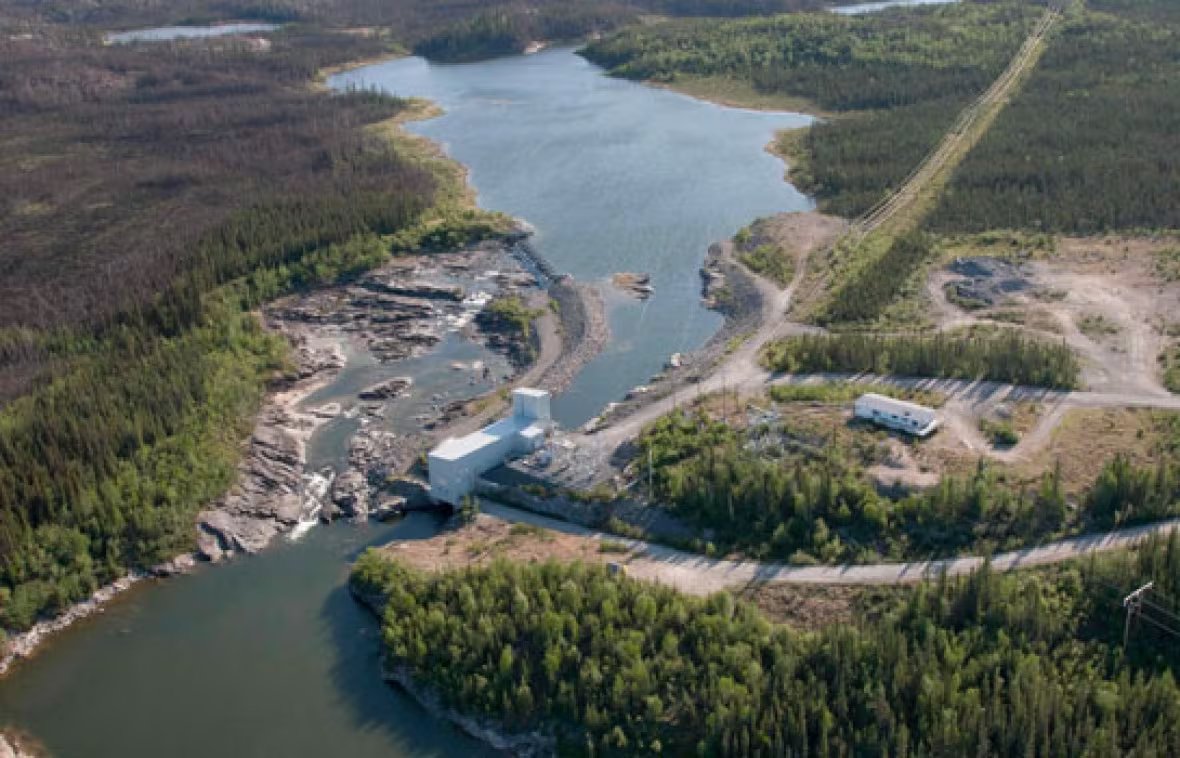
Long-term plans
There are long-term plans in the works to address the issues Whatì is experiencing, Prendergast said.
Some of that work has already been completed, and more is planned for the spring.
But there are also some major projects coming, including replacing the power plant in the next decade.
But there’s an even bigger plan in the future: connecting the community to the Snare Hydro system, according to the territorial 2030 Energy Strategy.
This is being led by the Tłı̨chǫ and territorial governments, and would ensure the community is no longer reliant on diesel other than as a backup.
But that project is nowhere close to becoming a reality.
In the meantime, the community will continue to be listed at a level 1 emergency.
Related stories from around the North :
Canada : Low water in N.W.T. means less hydro power, more use of diesel generators, CBC News
Finland : Sami turn down participation in Lapland wind power survey, Eye on the Arctic
Norway : World’s northernmost coal power plant shuts down, The Independent Barents Observer
Russia : Russian nickel miner wants nuclear power for Arctic plant, The Independent Barents Observer


